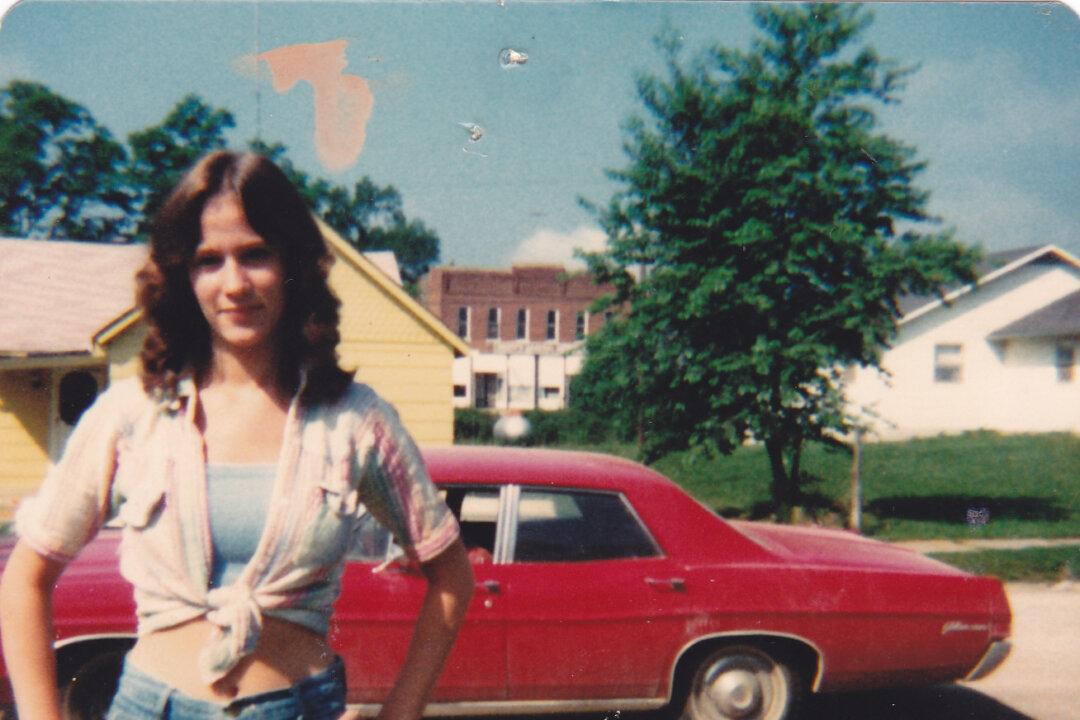As young as age 3, I clearly remember thinking that things were just not right with my mom. She was often unable to think over things as rationally as I was—a small child—and her behavior was unpredictable. I feared her, but had no way of explaining it to anyone.
I only knew that sometimes Mom was very nice, happy, and energetic, cooking and cleaning and singing. But she could quickly turn to being mean and vicious. There were also times when she was very subdued, moving slowly and being distant, as if I wasn’t even there. I learned to be very quiet most of the time, and not bother her unnecessarily.

